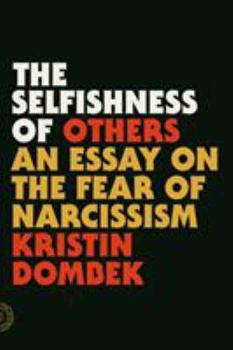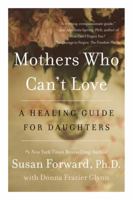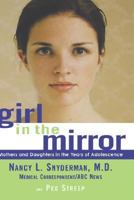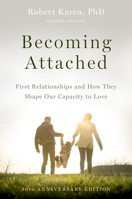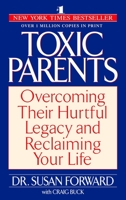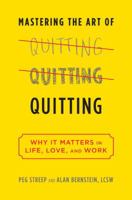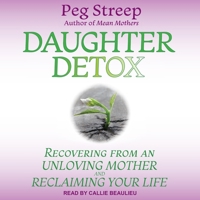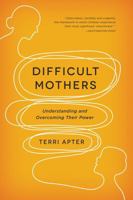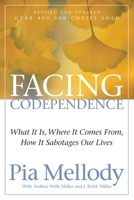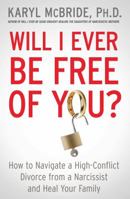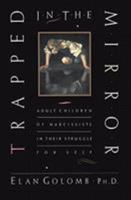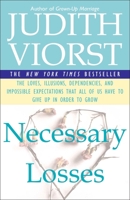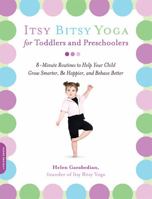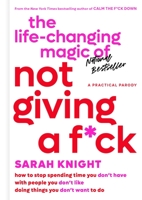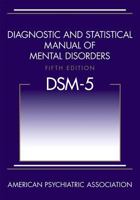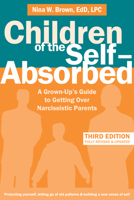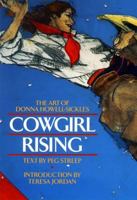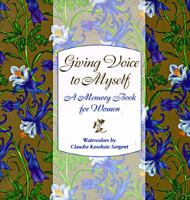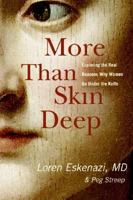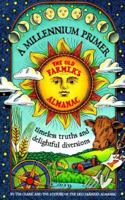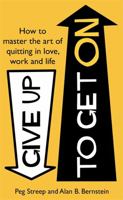The Selfishness of Others: An Essay on the Fear of Narcissism
Select Format
Select Condition 
You Might Also Enjoy
Book Overview
They're among us, but they are not like us. They manipulate, lie, cheat, and steal. They are irresistibly charming and accomplished, appearing to live in a radiance beyond what we are capable of. But narcissists are empty. No one knows exactly what everyone else is full of--some kind of a soul, or personhood--but whatever it is, experts agree that narcissists do not have it.
So goes the popular understanding of narcissism, or NPD (narcissistic personality disorder). And it's more prevalent than ever, according to recent articles in The New York Times, The Atlantic, and Time. In bestsellers like The Narcissism Epidemic, Narcissists Exposed, and The Narcissist Next Door, pop psychologists have armed the normal with tools to identify and combat the vampiric influence of this rising population, while on websites like narcissismsurvivor.com, thousands of people congregate to swap horror stories about relationships with "narcs." In The Selfishness of Others, the essayist Kristin Dombek provides a clear-sighted account of how a rare clinical diagnosis became a fluid cultural phenomenon, a repository for our deepest fears about love, friendship, and family. She cuts through hysteria in search of the razor-thin line between pathology and common selfishness, writing with robust skepticism toward the prophets of NPD and genuine empathy for those who see themselves as its victims. And finally, she shares her own story in a candid effort to find a path away from the cycle of fear and blame and toward a more forgiving and rewarding life.Related Subjects
PsychologyCustomer Reviews
Rated 5 starsThere has been a need for this book for a very long time
Wow. And all of these years I thought I was the only one. I haven't even finished it yet & I cannot put into words how much relief & validation I feel already. Within the first three chapters I felt the validation. She mentioned every single result I have from my experience with my mother "low, LOW self-esteem", "self-doubt" and the fact that I have continuously attracted "her" & that relationship back into my life -...
3Report
Rated 5 starsInsightful book
This book is written not by a psychologist who studies mother-daughter relationships, but by a woman who herself was a daughter of an unloving mother. She knows the subject firsthand. It was very helpful to realize that there are plenty of women who experienced a life with an unloving mother. The author talks about many aspects of dealing with such a mother (she does not have to be abusive in any way to be classified as unloving...
3Report
Rated 5 starsGood book on a tough topic
Streep tackles a topic that many people have trouble accepting: the notion that some mothers just are not loving, caring people. Some are emotionally distant. Some are just plain mean. What does a daughter do when she realizes her mother doesn't like her? It seems to be the psychological equivalent of getting a dog you don't want and leaving the dog in the yard. Some women move past the experience while others seem to be...
4Report
Rated 5 starsInsightful, Profound, Healing and Hopeful
This book spoke to me like no other. For the first time, I felt my story had been told and I'd been heard. You don't have to have had a Mean Mother to appreciate the findings in this book. Peg Streep presents a balanced look at the issue with stories from women whose experiences share a common thread, yet are unique to the individual, while backing up her findings with the science that helps explain this phenomenon. And...
3Report











